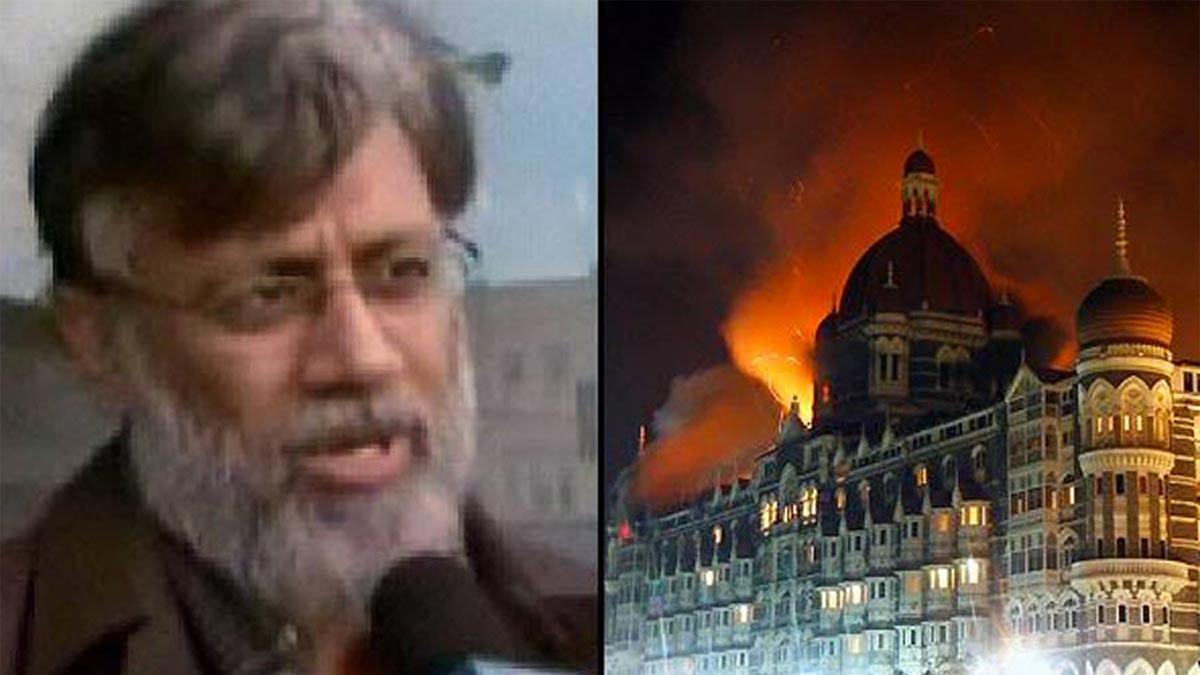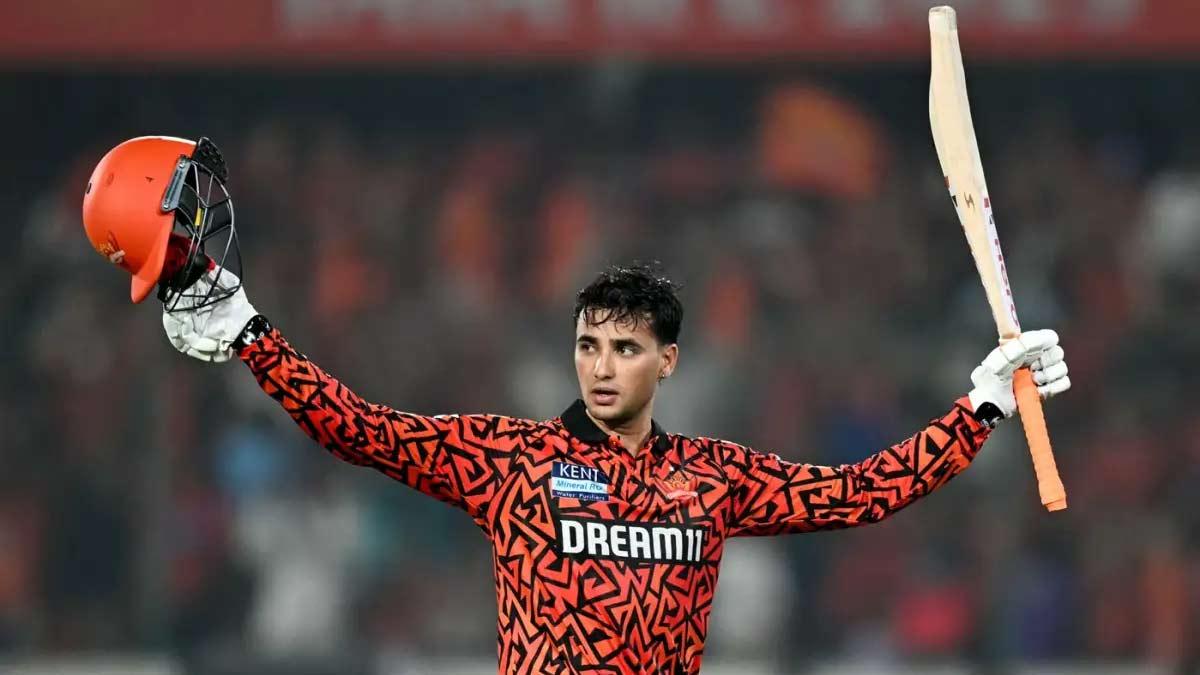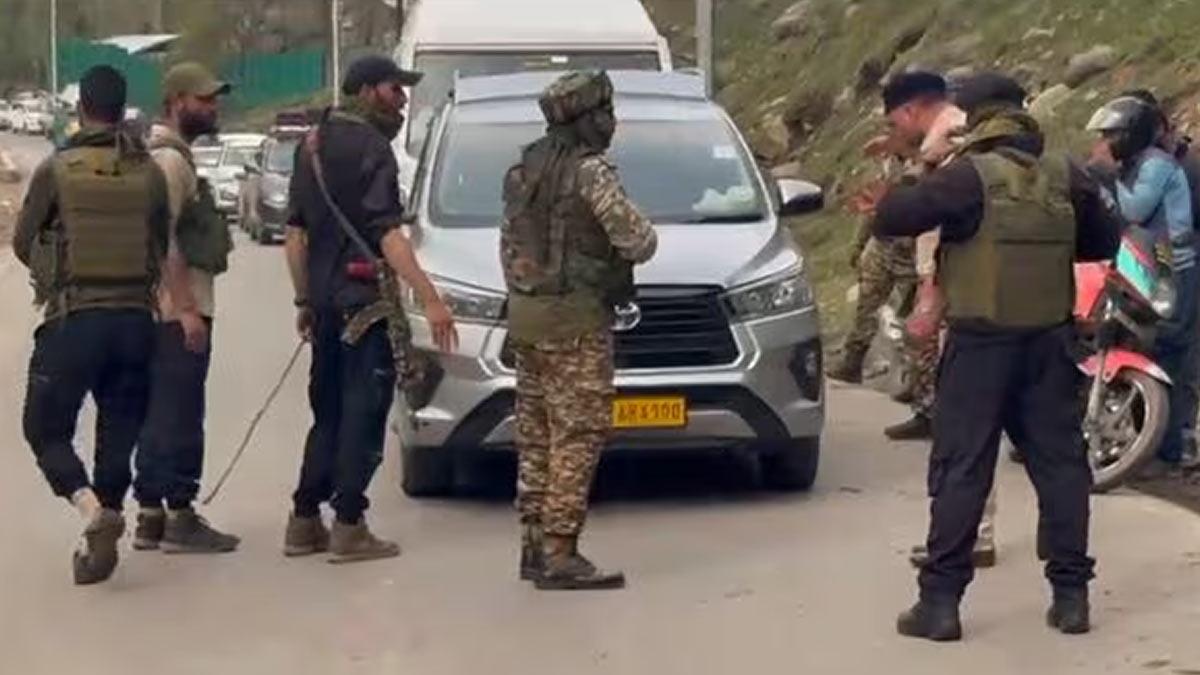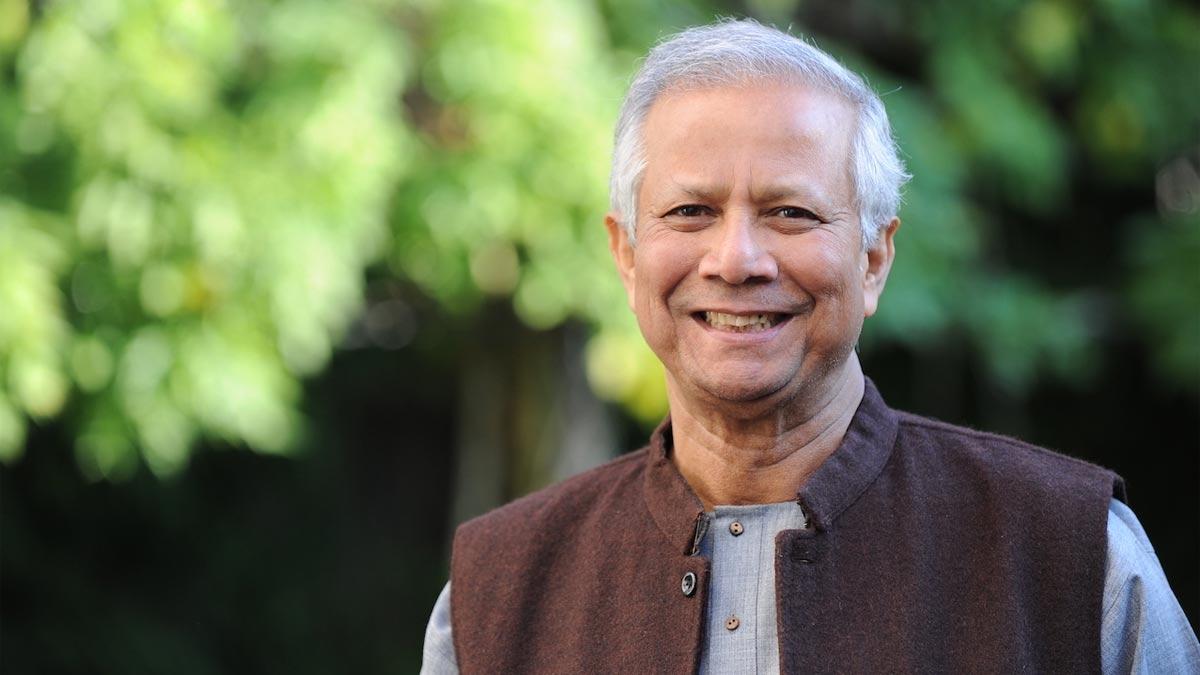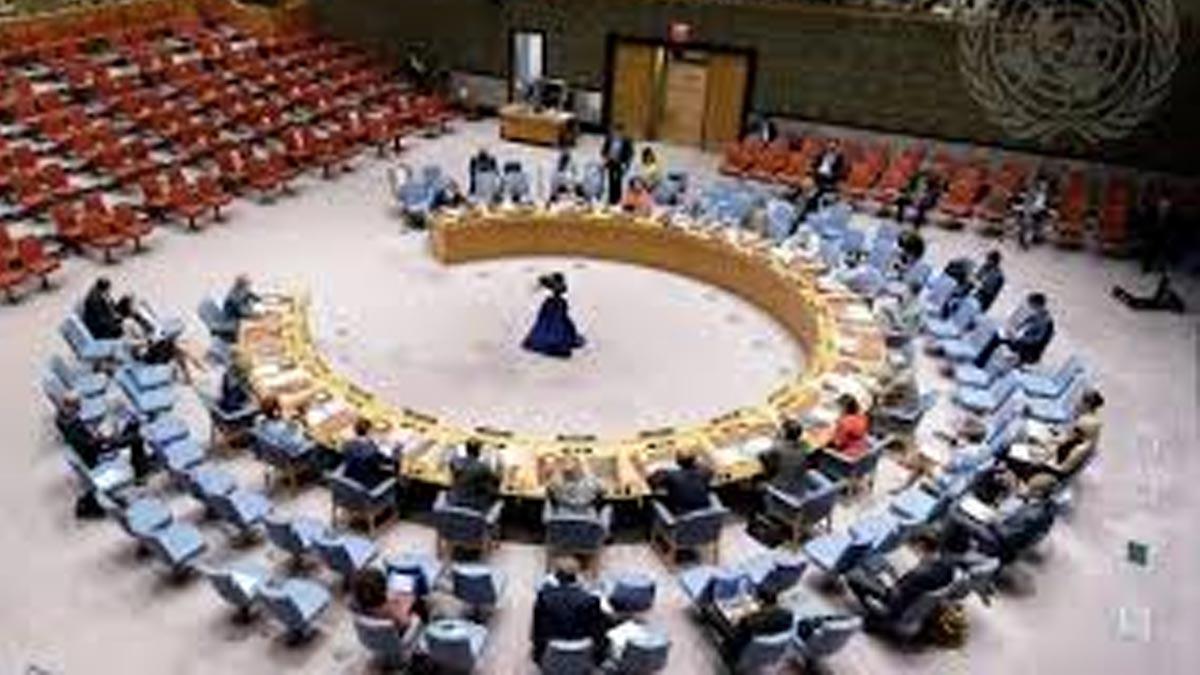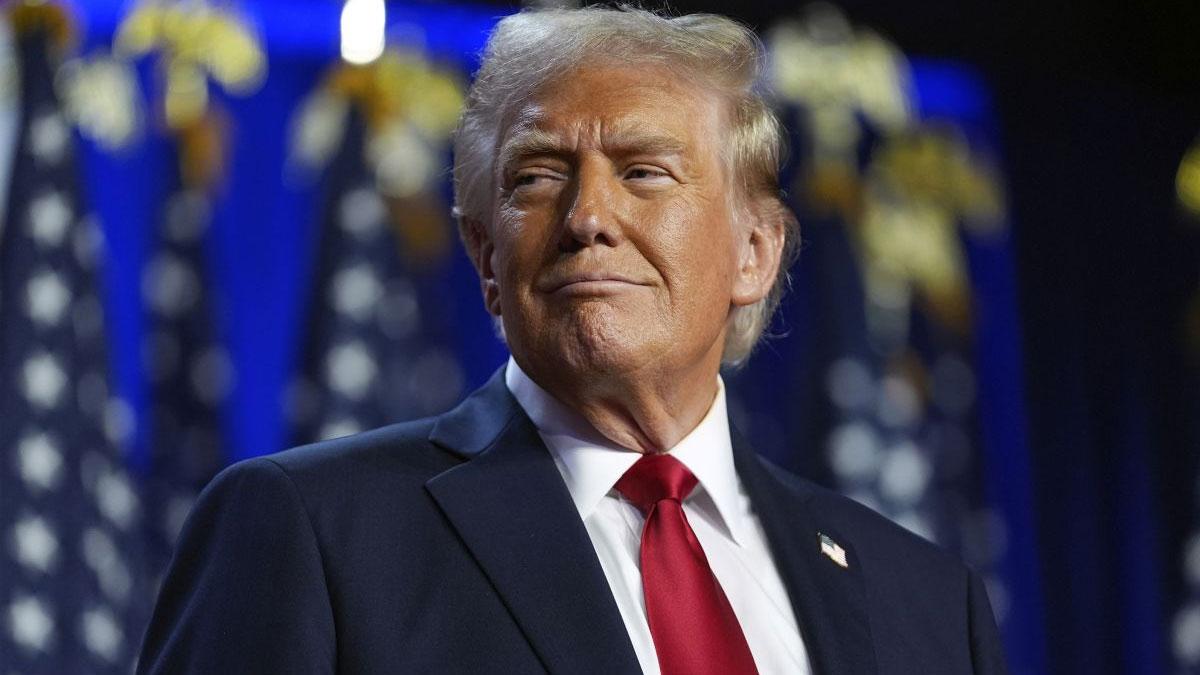Pakistan had planned to frame the 2008 Mumbai terror attacks as a rebellion by "disgruntled Indian Muslims," capitalizing on the mayhem unleashed by Indian Mujahideen (IM) attacks in the country, said Ashok Prasad, former Special Director of the Intelligence Bureau (IB).
Talking to The Hindu, Prasad pointed out that the IM, despite being an indigenous group, was being handled from Karachi and had strong links with the Lashkar-e-Taiba (LeT), with Pakistan's Inter-Services Intelligence (ISI) giving active support.
The spotlight has fallen once again on the ghastly 26/11 attack after the extradition recently of Tahawwur Rana from the US. Canadian and U.S. dual national Rana had opened an immigration consulting office in Mumbai, which operated as a cover for David Coleman Headley, the master conspirator. The surveillance footage by Headley played a crucial role in plotting the attacks from within Pakistan. In spite of playing a pivotal part, Headley evaded extradition to India by negotiating a plea bargain with the U.S. government, abetted by his double agent status as a handler for American authorities and the ISI.
Between 2007 and 2013, the Indian Mujahideen conducted several bombings throughout India. "The assault demonstrated the hydra-headed aspect of global state-sponsored jehadi terrorism. So, it was possible for Pakistani agencies to influence Pak-American citizen David Coleman Headley with the LeT in Pakistan, to move him and travel around Canada via Tahawwur Rana, recce sites all over India, moving travel via Nepal and Bangladesh, acquiring and aggregating target information at Karachi," clarified Mr. Prasad.
As per him, the ten perpetrators who carried out the 26/11 attacks had been thoroughly trained in Pakistan, utilizing the skills of Indian Mujahideen operatives. "The attack was launched from the sea with communication being kept through a communication node in New Jersey, funded and coordinated from Spain and Italy," he further added.
Prasad, a former Indian Police Service officer, also highlighted the central role played by late constable Tukaram Omble. He pointed out that if Omble hadn't risked his life in capturing Ajmal Kasab alive, the full scale of Pakistan's orchestration of the operation might never have been known.
Read also| Melinda Gates Labels Divorce from Bill Gates 'Necessary'; A Look at Both Perspectives
Read also| White House Releases Health Report Declaring 78-Year-Old Trump Fit to Serve as President

